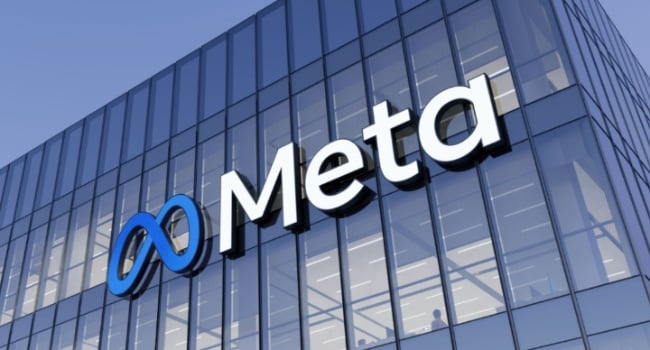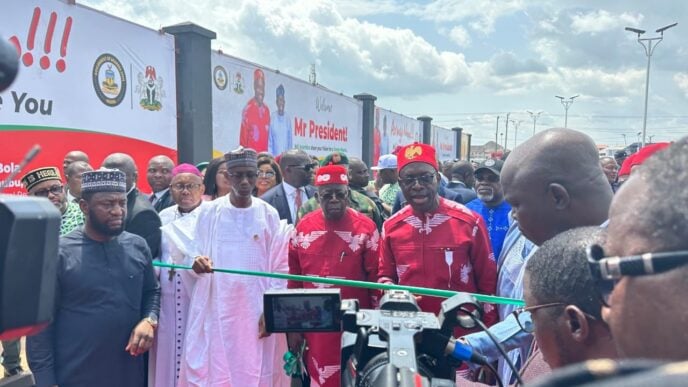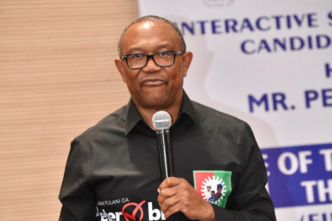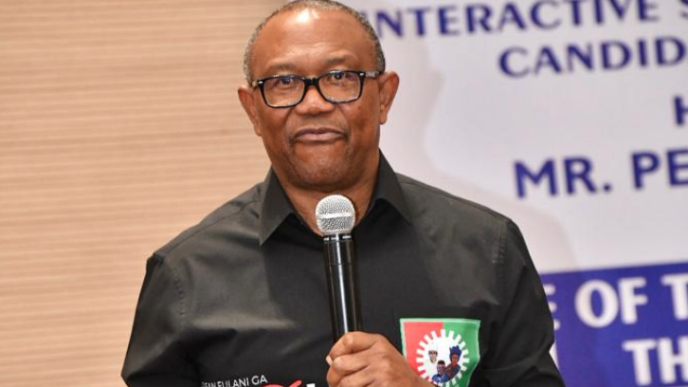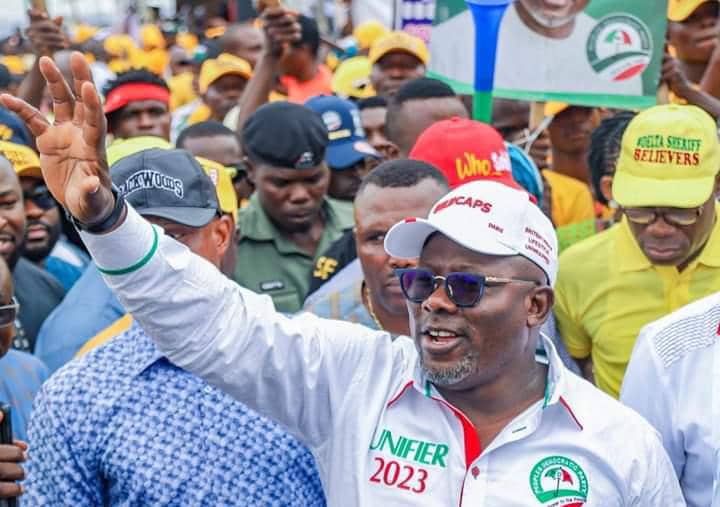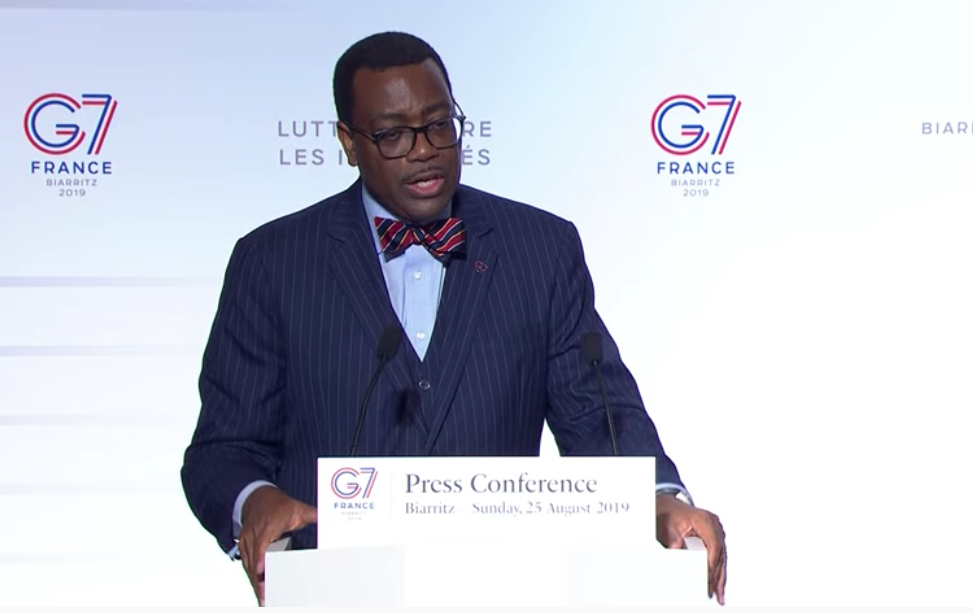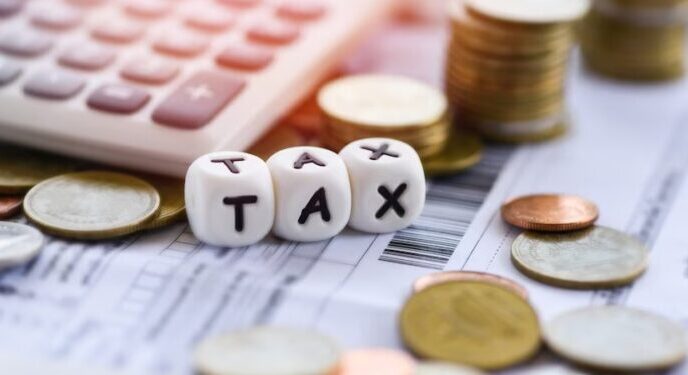The federal government and Meta are currently locked in a public standoff. At the centre of the dispute is a $220 million fine imposed on the tech giant by regulators over alleged infractions.
Meta, the parent company of Facebook, WhatsApp, and Instagram, has refused to pay the fine and, in response, has threatened to shut down its operations in Nigeria. Undeterred, the government had earlier insisted that Meta either pay the fine or exit the country.
Now confronted with the reality of what Meta’s exit could mean for the millions of Nigerians who rely on its platforms, the government has moved to calm public anxiety, expressing confidence that the issue will be resolved through a “partnership” with the tech giant.
To the casual observer, the government’s earlier stance may appear as a patriotic move of ‘standing up for the rights of Nigerians.’ However, there seems to be more beneath the surface. The fine imposed on Meta may well reflect the political class’s persistent drive to gain full control over how Nigerians use social media.
Advertisement
It’s true that Meta has faced criticism for inconsistently enforcing its platform rules, mishandling harmful content, and resisting national regulations – particularly in emerging markets. However, the government’s earlier unwillingness to flinch at the prospect of losing the world’s most widely used social media platforms was seen by many as the moment it had been waiting for: a chance to finally justify and accelerate its long-standing plan to control Nigeria’s digital space.
The Nigerian government has long had a fraught relationship with social media platforms. In June 2021, the federal government banned Twitter (now X), after the platform removed a tweet by then-President Muhammadu Buhari for violating its policies.
Both before and after the seven-month ban, other members of the political class who lack the authority to suspend social media platforms have intensified calls for their restriction. A series of legislative proposals have emerged from both the executive and legislative arms, all under the banner of trying to combat ‘fake news,’ ‘hate speech,’ and ‘digital terrorism.’
Advertisement
One of the most notable attempts was the infamous Protection from Internet Falsehood and Manipulation Bill of 2019. Commonly known as the Anti-Social Media Bill, it sought to criminalize the spread of false or malicious information on social media but faced fierce public opposition from various stakeholders and was ultimately not passed.
A commonly held view is that these efforts are veiled attempts to censor platforms that allow citizens to critique the political establishment, expose corruption, and mobilize protests.
This is where Meta’s troubles in Nigeria take on a different meaning. While the fine is framed by the government as protecting national interests, there are those who view it as a means to provide cover to a government determined to silence opposition and avoid accountability.
Therefore, when Meta threatens to shut down its operations and exit the country, and the government responds not with concern but with defiance, the message is clear: the political class would be glad to see Meta go. However, for everyday Nigerians, this is sad news.
Advertisement
Facebook, WhatsApp, and Instagram are the dominant social media platforms in Nigeria, and are deeply woven into the social, economic, and political fabric of Nigerian life. They are widely used for communication, news, and commerce. A potential shutdown could severely impact millions of users and businesses that depend on them for daily operations.
Additionally, telecommunications companies like MTN Nigeria that derived over 50% of its revenue in the first half of 2024 from the daily data usage of Nigerians, would likely also experience a decline in income.
Agreed, the government has the authority to regulate how technology functions within Nigeria. However, its longstanding interest in how Nigerians use social media makes this dispute with Meta seem suspect and suggests a continued intent to control the digital space.
It is good news that the government has now decided to explore “political ways” to resolve the dispute with Meta and not risk a full shutdown. This shift indicates an effort to balance the need for regulation with the potential negative impacts on the Nigerian economy. This forward-looking approach is important because losing these platforms would disrupt livelihoods, cut off communication channels for millions, and affect unemployment and revenue.
Advertisement
Maduekwe is the founder of Discussing Africa. He can be reached at [email protected]
Advertisement
Views expressed by contributors are strictly personal and not of TheCable.

